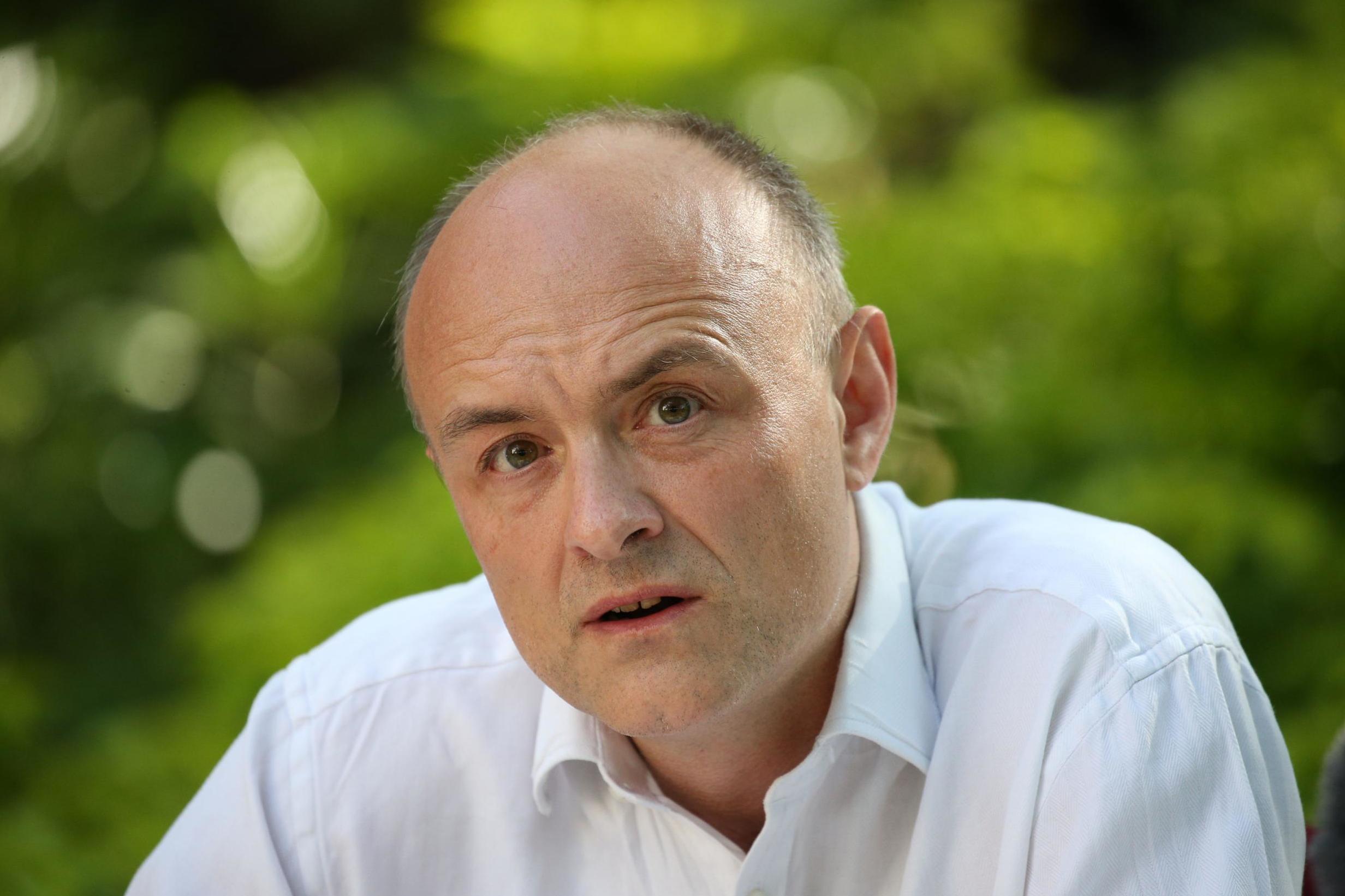Your support helps us to tell the story
From reproductive rights to climate change to Big Tech, The Independent is on the ground when the story is developing. Whether it's investigating the financials of Elon Musk's pro-Trump PAC or producing our latest documentary, 'The A Word', which shines a light on the American women fighting for reproductive rights, we know how important it is to parse out the facts from the messaging.
At such a critical moment in US history, we need reporters on the ground. Your donation allows us to keep sending journalists to speak to both sides of the story.
The Independent is trusted by Americans across the entire political spectrum. And unlike many other quality news outlets, we choose not to lock Americans out of our reporting and analysis with paywalls. We believe quality journalism should be available to everyone, paid for by those who can afford it.
Your support makes all the difference.Boris Johnson’s handling of his top aide breaking lockdown had “negative and lasting consequences” for the public’s trust in the government during the coronavirus pandemic, researchers have established.
The authors of a study published in the Lancet medical journal identified a “Dominic Cummings effect” showing a clear decrease in public confidence in the government on 22 May when the story broke, with trust continuing to falls sharply in the following days.
The findings of the research suggest that Mr Cummings’ trip to Barnard Castle may have reduced compliance with lockdown: behavioural scientists say trust in the government’s handling is key in ensuring voluntary compliance with lockdown and social distancing rules.
Research analysed data from the UCL Covid-19 Social Study, which looked at at over 220,000 survey results from more than 40,000 people between 24 April and 11 June.
The study, which is funded by the Nuffield Foundation with additional support from Wellcome and the government’s own UK Research and Innovation (UKRI) agency, shows that public trust never recovered from Mr Johnson’s refusal to sack Mr Cummings.
Lead author of the study, Dr Daisy Fancourt (UCL Epidemiology & Health Care), said: “Public trust in the government’s ability to manage the pandemic is crucial as it underpins public attitudes and behaviours at a precarious time for public health.
“Throughout lockdown it has been shown how closely public confidence is related to government announcements on Covid-19, with an initial boost as the lockdown came in, followed by a drop after 10 May as the government announced it would begin to reopen society. The data then shows a stabilisation and even a slight increase in public confidence in the fortnight following, but the Cummings events were followed by another sudden decrease.
“Trust in government decisions and actions relating to the management of Covid-19 is a major challenge globally and this data illustrates the negative and lasting consequences that political decisions can have for public trust and the risks to behaviours.”
Last month behavioural science experts on the Independent Sage committee warned that high-profile examples of people close to the government breaking the rules reduced compliance among the wider public.
“The issue of trust is particularly important, and in fact the issue shows that in some ways trust is more important to compliance at this stage than under lockdown,” said Professor Stephen Reicher, a leading expert in crowd psychology at the University of St Andrews, speaking in early July.
“The figures show that erosion of trust undermines people’s willingness to use the test-trace-isolate and support system and in particular to give information about themselves to authorities.”
Jonathan Ashworth, Labour’s Shadow Health Secretary, said the prime minister’s “failure to confront Dominic Cummings over his lockdown breach was a monumental misjudgment”.
He added: “The government rightly asked the British people to make huge sacrifices to drive down infection rates. So to have allowed his most senior advisor to blatantly break the rules undermined vital life saving public health messaging at the peak of this deadly pandemic.”

Join our commenting forum
Join thought-provoking conversations, follow other Independent readers and see their replies
Comments